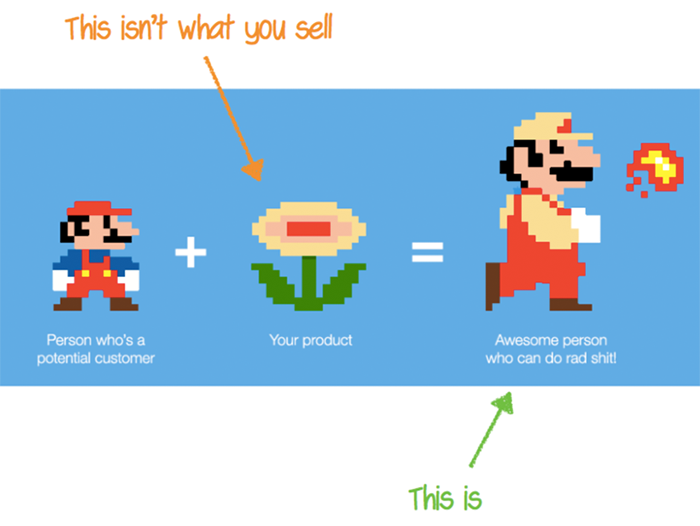In last week’s digest post, I addressed a question about whether our life of slow travel is one of constant vacation. (BTW, the digest posts in general chronicle our life of slow travel). I said that in some ways it is and in other ways, not so much.
This, then, begs the question of whether I not I view myself as a tourist. Or, a slow tourist, I guess. People ask questions in this vein at times.
So do you, like, become a local, or are you always kind of a tourist?
I think the reason people ask me questions like this is, perhaps, because of the general uncoolness associated with tourists. If you go to Paris, there are the locals who flutter between hip, bohemian spots, and then there are the people who don fanny packs and head for the Louvre and the Eiffel Tower.
So which am I?
I am a fanny-pack, Louvre/Eiffel Tower type. Full stop.
First of all, I’ve never much in my life pretended at any sort of coolness (though I’ve also never actually worn a fanny pack, so there’s that). It wouldn’t occur to me to head somewhere and then skip the main attractions because I’d look like a yokel. I am a yokel, and I want to see those main attractions.
But doesn’t the novelty wear off, and you turn into a pseudo-local?
I imagine that you’re thinking this must ease up after a week or two. But keep something in mind. You’re imagining the sorts of vacations that you probably take. You plunk down a bunch of money, wrangle some time off of work, and then manically cram as much sightseeing and experiencing as you can possibly fit into two weeks.
But remember, I don’t travel that way.
I get in on a weekend, see some sights, and then work for a few days. Then maybe another sight or two, and a few more days. Rinse, repeat.
So when I’d been in, say, Bay St. Louis on the Gulf Coast for 3 weeks, I’d spent probably three quarters of my time working and a quarter of the time touristing. Even after a month or two in a place, I have the same capacity for seeing more tourist stuff that you might after 5 days somewhere.
The end result is that we tend to pack our weekends with stuff, even after months. We spent something like 4 months in San Diego in the past year, and we were still doing excursions to the zoo, various beaches, tours museums, etc.
For us, the tourism never stops. We live the lives of locals during the weeks, so to speak. And then we hit all of the surrounding sites in full tourist mode the rest of the time. I mean, look at this.

It doesn’t get much more touristy than drinking some kind of hurricane out of a grenade-themed yard glass on Bourbon Street. And we do this kind of stuff readily and without regrets.
Picks
- For those of you free agents out there, check out the Freelancers Show podcast. I’m a regular panelist now, so you can hear my unscripted thoughts on all things hustling.
- I’ve come to love Prime Photos (and video) over the last year or so. It solves a lot of problems I’ve historically had with photo organization.
- I haven’t actually tried this one myself, but apparently you can turn Slack into an RSS reader.
The Digest
- For the NDepend blog, I wrote a post about NLog vs Log4Net. But instead of comparing their features, I compared how they affect (or seem to affect) codebases that use them. This was part of my series on code research.
- For the Rollout blog, I wrote a post on how their recent integration with JIRA takes a step toward bringing a product-focused (startup) mentality to enterprises.
- And, finally, here’s another in the CodeIt.Right rules explained series.
Thanks for reading, and enjoy your weekend.






